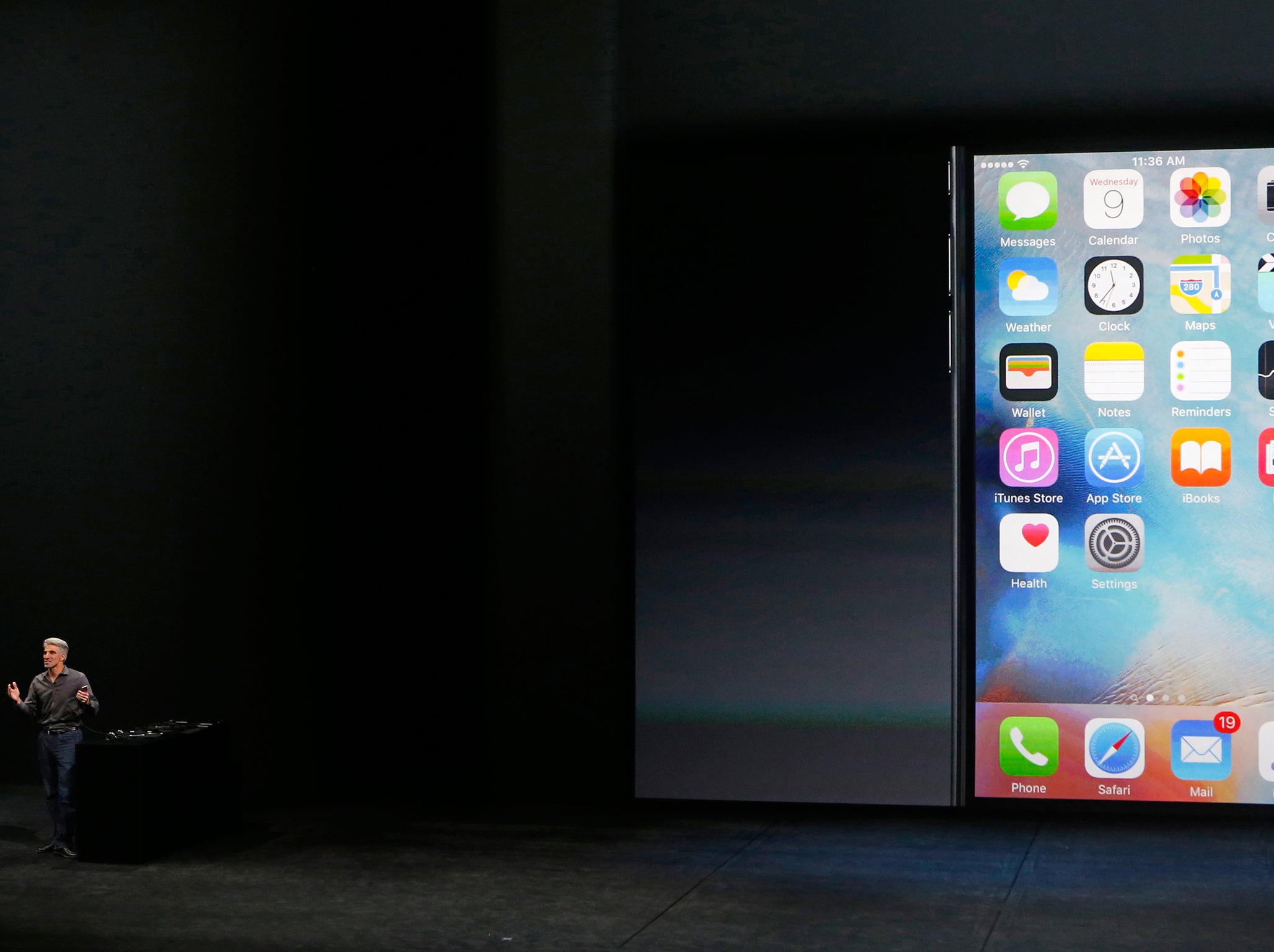Quitting iPhone apps when they're not in use doesn't save battery life, Apple says, dispelling biggest iOS myth
‘No and No,’ said Apple’s head of software Craig Federighi when he was asked about the supposed advice

An Apple executive has dispelled the most persistent myth about the iPhone.
Shutting apps from the multitasking menu does not save battery life and there is no need to do it, Apple’s head of software Craig Federighi has said.
Using the multitasking menu to close apps has become almost a superstition. Many people are convinced that it is necessary to shut them down manually so that they are not running in the background.
But it’s not at all necessary, since Apple’s iOS works to ensure that when apps are running in the background they do not use up unnecessary processing power or battery life. Most apps are put into a frozen state when they are quit with the home menu, meaning that they lie dormant until they are woken again once they are opened.
In a new email shared with 9to5mac, Mr Federighi addressed that question head-on and rejected any suggestion that it was helpful. The email was initially sent to Apple CEO Tim Cook but was passed onto his head of software, the blog reported.
“Hey Tim,” the message begins. “Do you quit your iOS multitasking apps frequently and is this necessary for battery life? Just wanting you to put this controversy to rest!”
Mr Federighi replied simply saying “No and No”. He also sent a smiley face and thanked the user for being an Apple customer.
The company has a tendency to reply to users’ emails. Such behaviour used to be fairly common under Steve Jobs, who would often reply to user complaints or questions with similarly succinct and straightforward replies.

Apple’s support pages already explain that quitting apps is unnecessary in most cases. The multitasking menu is intended to be used in the event of a problem with an app — if it has crashed or is running wrongly in the background — rather than being regularly used to shut down apps.
Some apps do continue to be active in the background, including those that record or play sound or use the GPS. But it is usually obvious when an app is doing so — bars will show at the top to indicate that location or the microphone is being used, and audio will be heard if music is playing.
Join our commenting forum
Join thought-provoking conversations, follow other Independent readers and see their replies
Comments
Bookmark popover
Removed from bookmarks